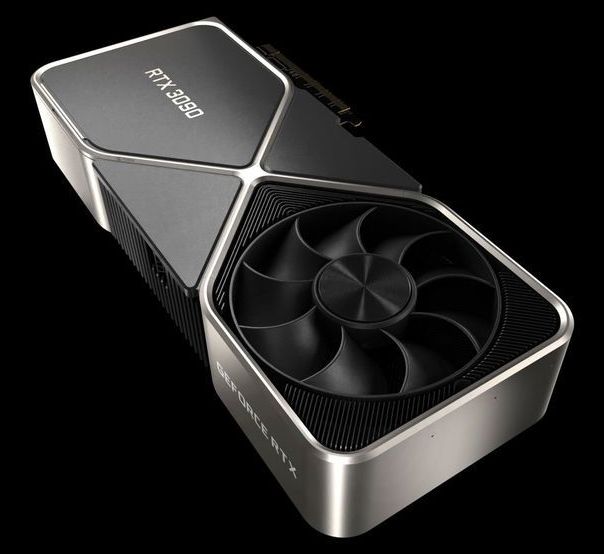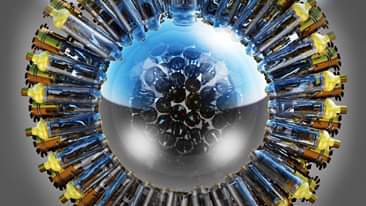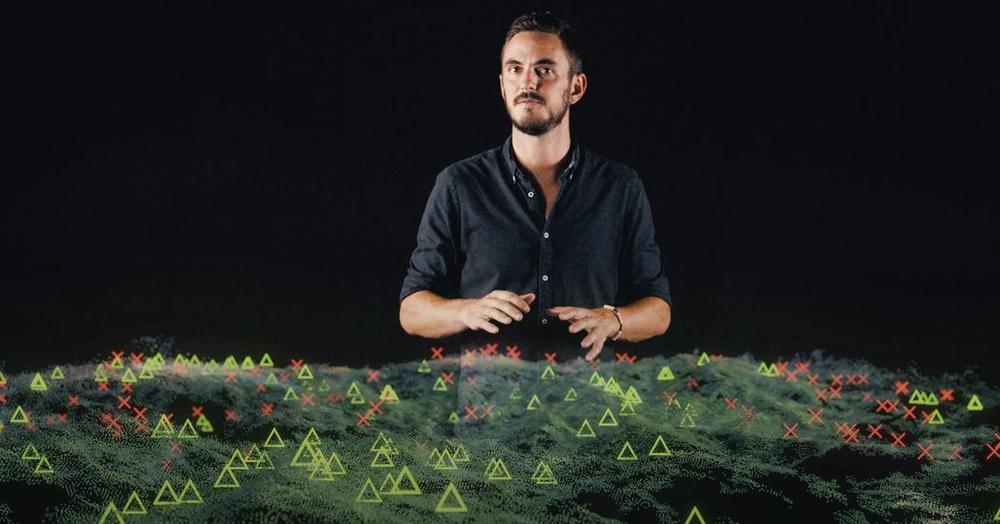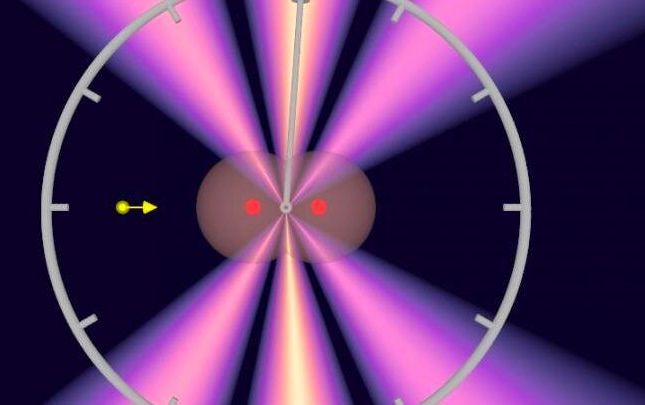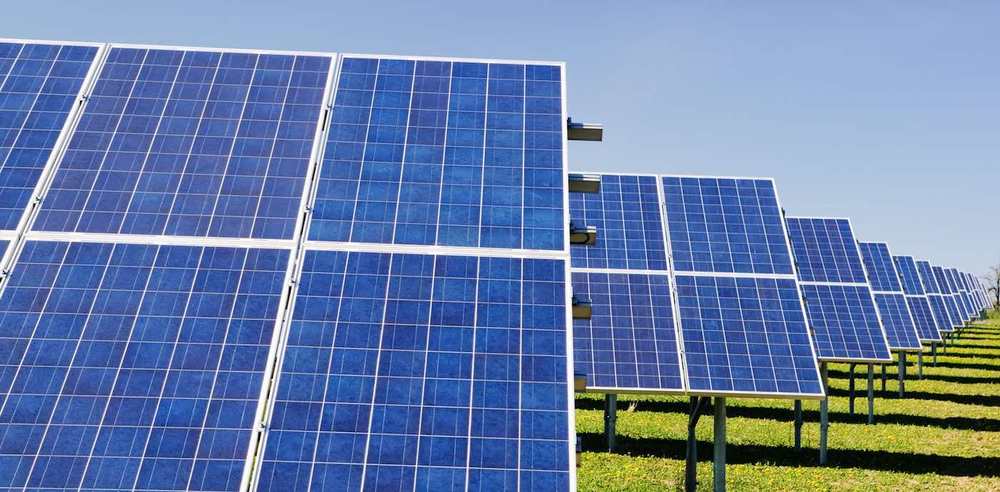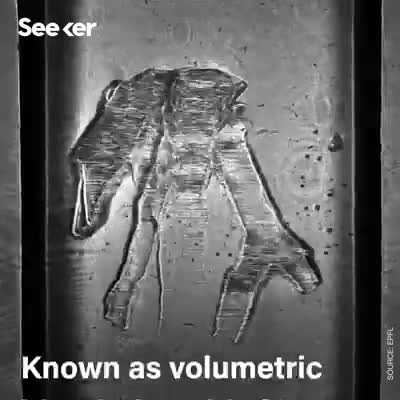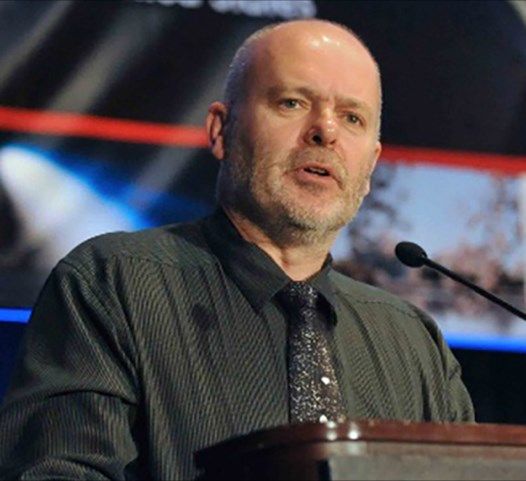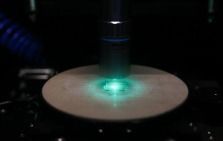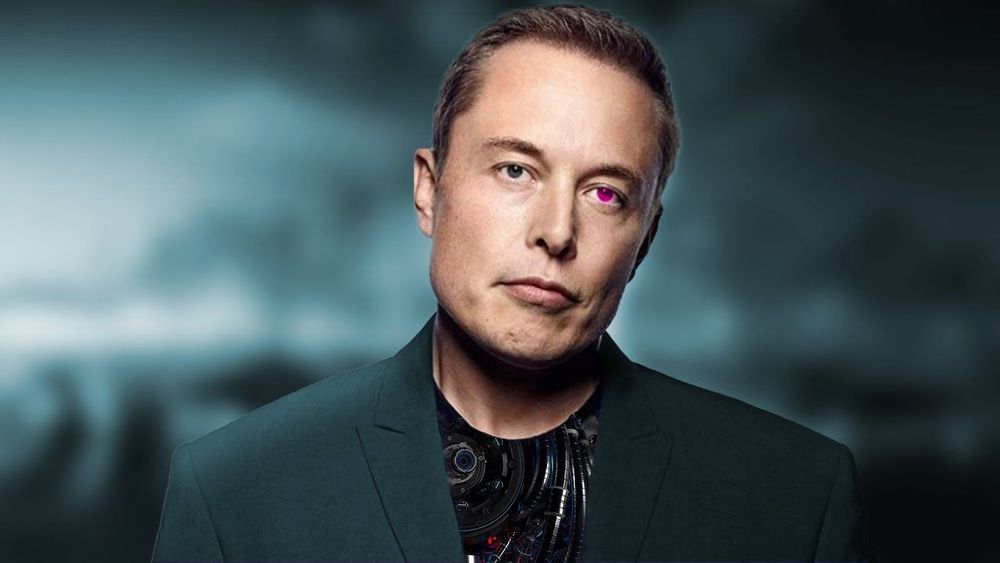Interesting…
The new Nvidia GeForce RTX 3090 is a gaming powerhouse, but that’s not all it can do. According to the makers of a popular password recovery application, the RTX 3090 is also good at brute-forcing passwords. That’s great if you forget an important password, but that’s probably not why people are using such tools. The latest Nvidia cards could make cracking someone else’s files almost trivially easy.
The RTX 3090 is Nvidia’s latest top-of-the-line GPU with a GA102 graphics processor sporting 10,496 cores and 24GB of GDDR6X memory. It is monstrously, obscenely powerful by today’s gaming standards, and comes with a correspondingly high price of $1,500, give or take a few hundred depending on supply. With a focus on high core counts, GPUs are also great for parallel computing. That’s why you couldn’t even buy a GPU for several months when Bitcoin was at its peak. In the same vein, GPUs are very good at cracking passwords.
Passcovery recently updated to add support for RTX cards like the 3090, and it vastly increased the speed of brute force attacks. In the past, it wasn’t practical to guess every possible password until you hit on the right one — computers just weren’t fast enough. However, a GPU can do that quickly enough to find passwords in certain instances. With v20.09 of the Passcovery suite, a relatively modest GTX 1060 can go from 3.4 million guesses per second to 669 million per second. This version of the software added support for RTX 3000-series cards, which might be a problem for your weak passwords. The RTX 3090 is almost seven times faster in GPU compute benchmarks than the 1060 — that’s a lot of guesses per second.
